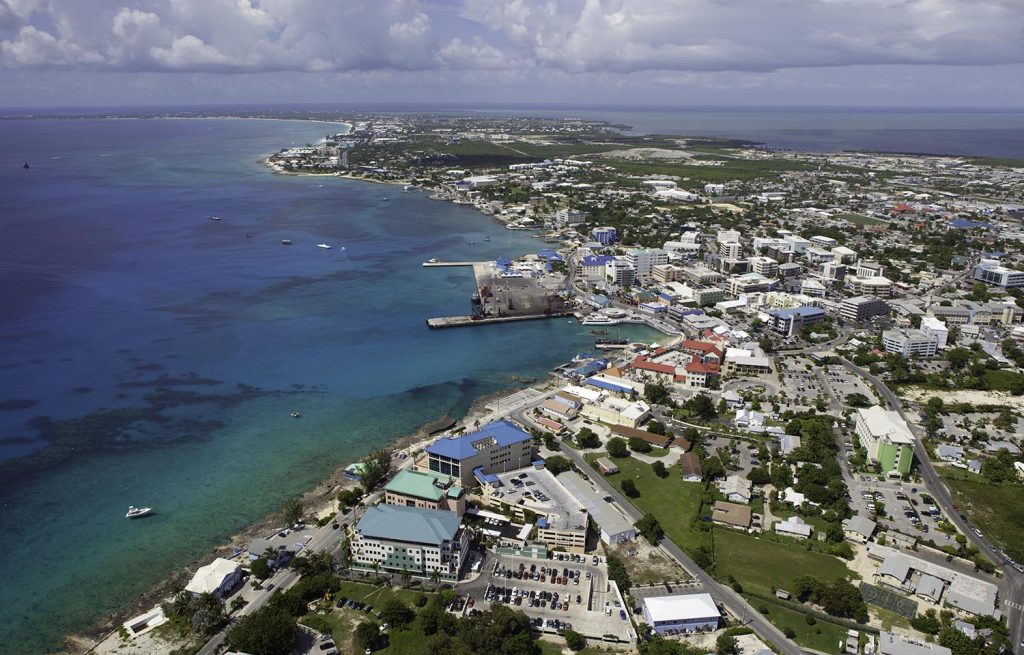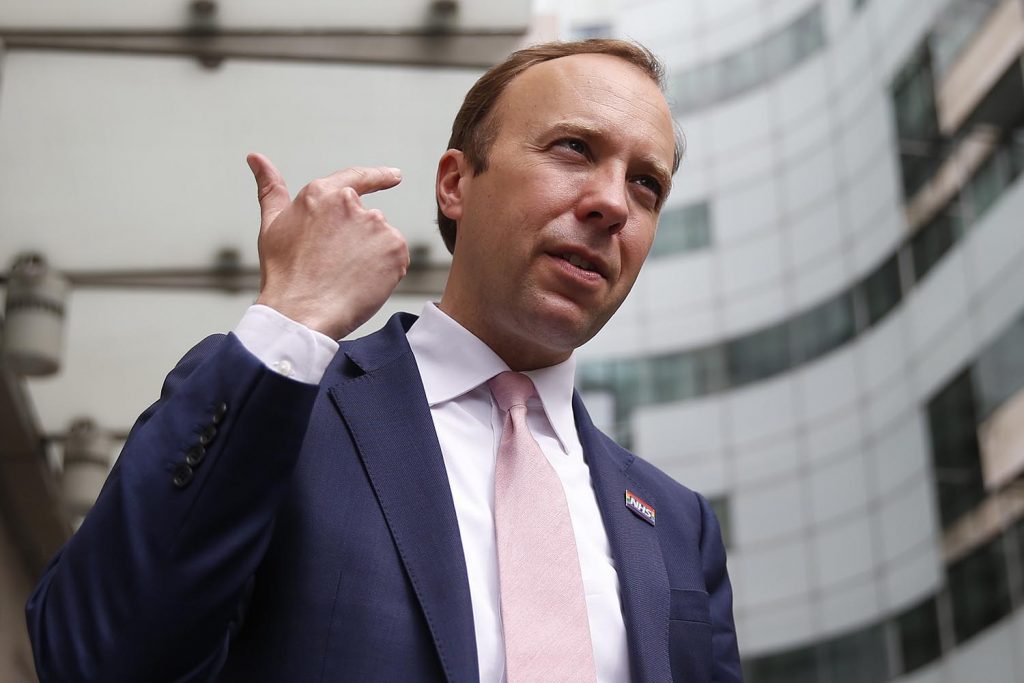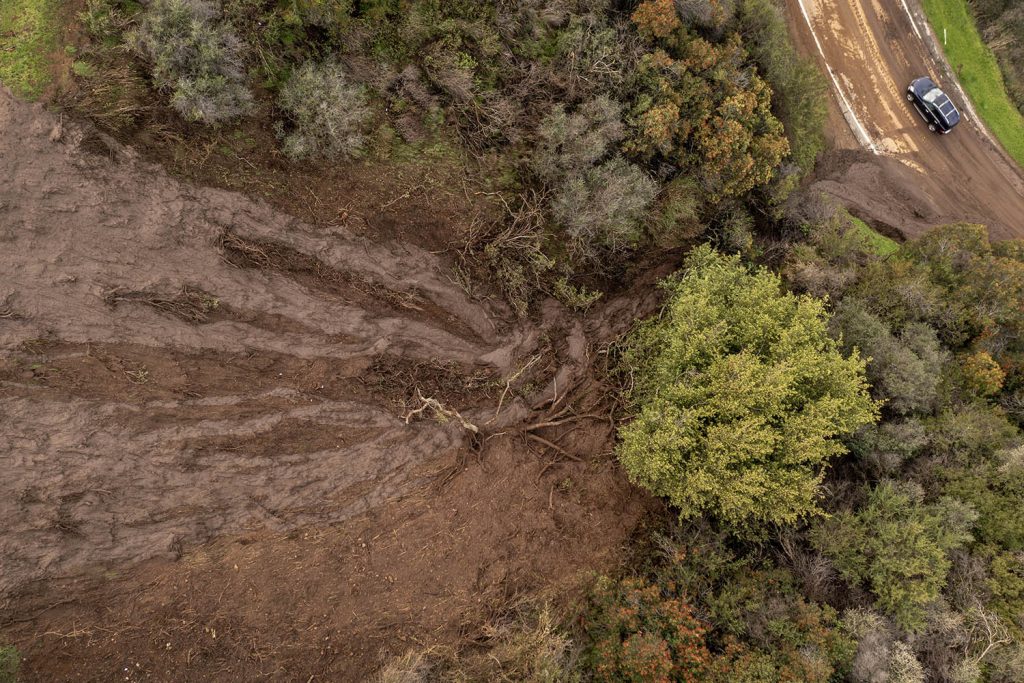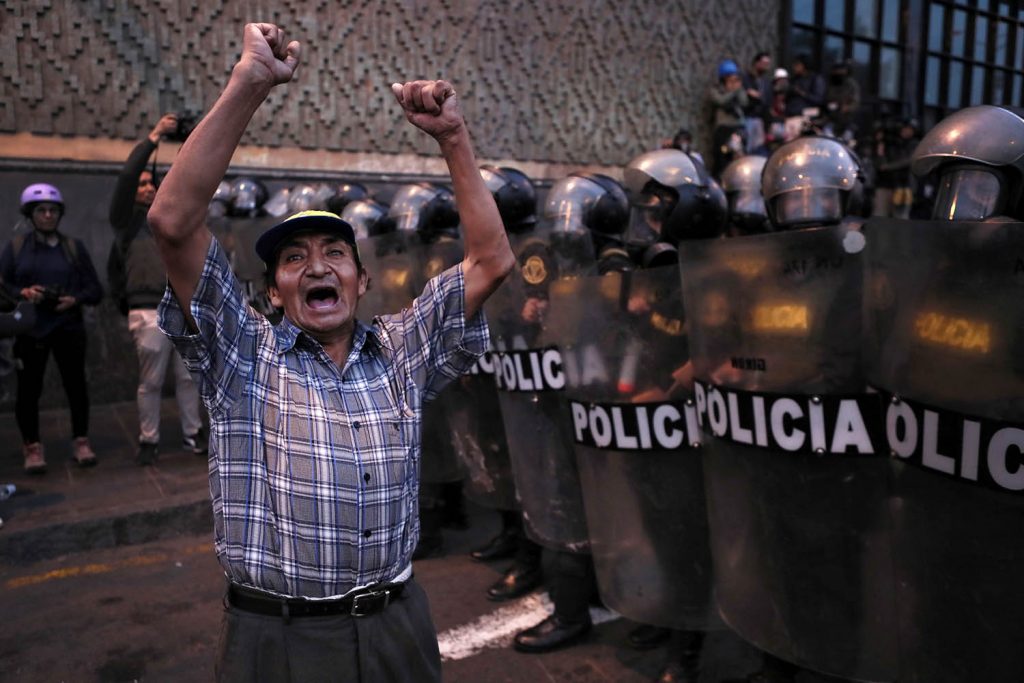What just happened

- Ukraine denied Russian mercenaries’ claims to have taken Soledar in Donetsk.
- US Republicans formed a committee to investigate Democrat investigations, mainly of Trump allies.
- Ke Huy Quan won an acting Golden Globe 30 years after being cast aged 12 in Indiana Jones and the Temple of Doom.
Number of the day: 400,000 – record-breaking sales of Prince Harry’s Spare in all formats on day of release
A Martian visiting Westminster would be amazed by many things, not least APPGs. There are more all-party parliamentary groups than there are MPs – 738 active ones in all. They have nearly doubled in number since 2015. Ostensibly they’re about keeping MPs informed, and unlike the pugilism of Prime Minister’s Questions they give an impression of earnest cross-party information gathering.
So what? Some APPGs are beyond reproach. Some are beyond parody.
- They have no formal role in parliamentary business but they still influence policy – sometimes with hidden agendas and misleading names.
- They can draw attention to niche issues that might otherwise pass the Commons by, like the special needs of people with Coeliac disease.
- They can convene valuable discussions on subjects not always on parliament’s agenda, like the future of Iraq.
- But they can also help to buy and prevent change with lobbyists’ money disguised as disinterested sponsorship.
APPGs have received over £20 million in funding since 2019 from outside organisations, much of it channelled via lobbyists into funding for APPG secretariats. Many MPs have nothing to do with them but a few have a lot to do with many. On the whole APPGs are “fairly harmless,” Lord Pickles, chair of the advisory committee on parliamentary appointments, tells Sky News as part of the Tortoise / Sky News Westminster Accounts project. But their unofficial role as conduits for lobbying and outside money could be “the next big scandal”.
Ten of the 20 biggest sources of funds and services to APPGs are registered lobbyists. Four of the top five are specialist political communications firms. In first place, Policy Connect has been paid £1,627,000 during this parliament to run 10 APPG secretariats. In second, Connect Communications has been paid £1,009,000 to run 17.
Top 10 sources of funds and services to APPGs since December 2019

Our reporting on the Westminster Accounts this week has already focused on APPGs for
- Vascular and Venous Disease, and a campaign to prevent the UK’s clinical practice watchdog changing official guidelines in a way that would have hurt medical device makers;
- Countries and regions, including the Maldives and other destinations visited so often by one MP with his partner under APPG auspices that he acquired the nickname “Airmiles”; and
- Science and Technology in Agriculture, and efforts funded by pesticide makers and fronted by MPs to slow down rewilding.
And then there’s the story of the tax haven with the useful friends.
Caymans carry on. As we report today, MPs in the Cayman Islands APPG regularly accept expenses-paid trips to islands, telling the local government on one visit it could sue the UK for attempting to close loopholes for tax evasion and financial crime.
Since 2013, at least 11 MPs in the APPG have been invited on free trips to the islands. Some went multiple times; others took their spouses.
While there in 2018 and 2019, the visiting MPs all went on Cayman national television to declare their support for the government in pushing back against transparency measures designed to tackle secretive finance, including a register of beneficial owners of shell companies.
The measures had been introduced following a 2016 anti-corruption conference hosted by the then UK prime minister David Cameron. He may not have anticipated so much pushback from his own backbenchers.
- In 2018 Andrew Rosindell MP told a local news outlet the imposition of transparency measures “would be a direct challenge to the autonomy of an overseas territory to make its own decisions in its own interests”. He said the Cayman islands were entitled to challenge any such imposition in return: “The legal route is the way to do it.”
- Sir Graham Brady, chair of the Conservative’s powerful backbench 1922 Committee and of the Cayman Islands APPG, has been on three paid trips to the islands. He took one worth £10,459 trip in 2019 and made a television appearance defending the territory’s position on registers of beneficial ownership, claiming they would leave those who own assets in Cayman “exposed to danger”.
Brady told Tortoise: “When interviewed on local Cayman TV, I made the point that complete transparency to police and tax authorities is essential.”
Ten years after Cameron’s plans for a central registry of company ownership were first floated, there’s still no register.

Institutional Hancock
Say what you like about Matt Hancock, the former UK health minister, former reality TV star and current lame-duck backbench MP in search of a new gig, but he’s never short of energy or ideas. Before and since his stint in the Australian jungle on I’m a Celebrity… Hancock has been talking enthusiastically about cryptocurrencies, of which he seems to be a fan even though they are imploding. The (other) catch is that most of his utterances on the subject have been under the auspices of a body that until last night called itself the Digital Economy Institute, even though in Britain permission is needed from Companies House to call yourself an institute and the DEI didn’t have it. After we approached the DEI for comment, it swiftly renamed itself the Digital Economy Initiative. Crypto may be failing, but for instant rebranding isn’t the web wonderful?

Sun Cable sinking?
One of the world’s most ambitious solar power projects seems to have stalled. Sun Cable, which planned to supply 15 per cent of Singapore’s power needs from a giant solar farm in north central Australia, has gone into voluntary administration after its two main backers failed to agree on how to keep it funded. Those backers are Mike Cannon-Brookes, a data software billionaire, and Andrew Forrest, who made his money in mining. On the face of it, they don’t have much in common except a conviction that there’s a future in Australian solar. Optimists will note they haven’t fallen out over the basic plan, which is to hook up the outback to Singapore (and eventually Indonesia) with a 3,000-mile interconnector. Pessimists will note the money raised so far – $210 million in the latest funding round – is a very small fraction of the $21 billion needed to complete the project.
La retraite précieuse
Life is so good in France, especially when you no longer have to work, that the mere idea of pushing back the official retirement age by two years to 64 is a recipe for insurrection. We noted on Monday that Macron’s plans to grasp this nettle presaged a backlash from left and right, and so it goes. French unions have called for a strike on 19 January and Marine le Pen, former presidential candidate and president of the hard right National Rally party, promised to block “this unfair reform”. Macron rewrote big sections of France’s labour laws in his first term when doubters said he couldn’t. His response to these retirement age threats, decoded, is likely to be “bring it on”.

California reeling
Prince Harry has been fortunate to be detained on the East Coast promoting his book this week, because much of his home town of Montecito is sliding into the ocean. Torrential rains and catastrophic mudslides have severed highways, forced mass evacuations and swept a five year-old boy to his death. “This is crazy,” said Ellen DeGeneres, another resident. “Please be nicer to Mother Nature, because Mother Nature is not happy with us.” She’s right that climate change is amping up precipitation as a matter of simple atmospheric physics, and she’s lucky that on the whole California’s flood defences are good. Also lucky: skiers in the Californian sierras, where the blizzarding just won’t stop.

Peru’s deadly protests
On 7 December, Peru’s former president Pedro Castillo was arrested after trying to avoid an impeachment vote by seizing emergency powers. He was swiftly replaced by his vice president, Dina Boluarte, who became Peru’s sixth president in as many years. Castillo is now in pre-trial detention. But his supporters, mainly based in rural areas, want him released and reinstated: 39 people have been killed in unrest since December, according to the country’s human rights office. Seventeen were killed on Monday in the deadliest day so far. Hundreds of foreign visitors were trapped by protests last month at Machu Picchu, the ancient Incan site, where the tourism sector was only just starting to recover from the pandemic. Boluarte has proposed early elections in April 2024. It may not be enough.
Thanks for reading. Please tell your friends to sign up, send us ideas and let us know what you think. Email sensemaker@tortoisemedia.com.
Additional reporting by Giles Whittell and Jessica Winch.
Photographs Getty Images











